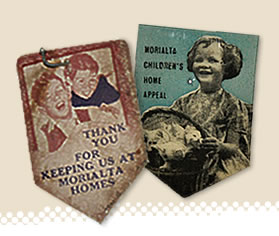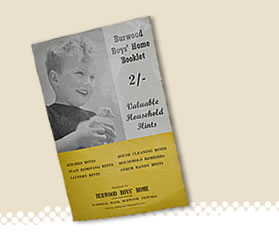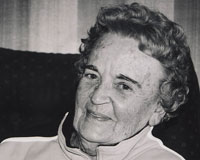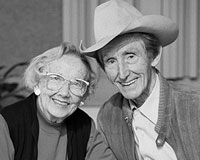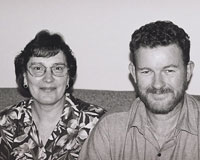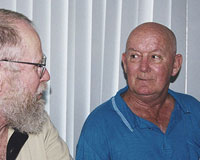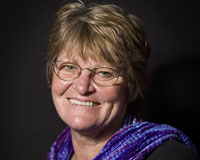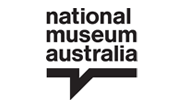oral histories
The National Library of Australia recorded people from all over Australia talking about their experiences in institutional care, in the Forgotten Australians and Former Child Migrants Oral History Project. More than 200 people told their life stories in interviews recorded by specially trained historians. Many interviews are available in full online, when interviewees have given permission. See more on the National Library project.Listen to us
Listen to five people the Library interviewed about their institutional experiences.Daphne McDonald
Daphne discusses the time she and her sister spent in an orphanage and a convent. Their mother, a single parent, placed them in care so she could gain nursing qualifications, and thus be able to support the two children. transcript >This is an edited excerpt from a recording of an interview by Rob Willis on 3 September 2003. The catalogue record for the complete sound recording is at: National Library of Australia: ORAL TRC 5035/15-16
Smoky Dawson
While talking about his childhood, Smoky discusses his time in the orphanage, and reflects with typical good humour on the pleasure he felt when spending time away from it. transcript >This is an edited excerpt from an interview by Rob Willis on 20 April 2000. The catalogue record for the complete sound recording is at: National Library of Australia: ORAL TRC 3388/231-232
Margaret Gallagher
Margaret was brought to Australia from England as a part of the Child Migration Scheme. Believing she was a war orphan, she recalls the distress and confusion she felt when it was suggested she was in the orphanage in Australia because her mother didn’t want her. It was not until much later that she was able to confirm that her mother was alive in England. transcript >This is an edited excerpt from an interview by Rob Willis on 2 January 2001. The catalogue record for the complete sound recording is at: National Library of Australia: ORAL TRC 4687/4-5
Rick Barker
Rick was brought to Australia from England as a part of the Child Migration Scheme. Here he discusses the way a group of Scottish boys from a Nazareth House orphanage were informed they would be moving to Australia, and how the boys, who were naturally suspicious of any information they were given, discussed the implications of this announcement. In this second excerpt Rick discusses the punishment administered at the orphanage in Australia, and how he mentally steeled himself to endure it. transcript >These are edited excerpts from an interview by Rob Willis on 5 January 2001. The catalogue record for the complete sound recording is at: National Library of Australia: ORAL TRC 4687/6-9
Wilma Robb
Wilma was committed to the care of the Child Welfare Department, and because she was considered officially ‘incorrigible’, she was transferred from Parramatta Girls Home to the high-security Hay Institution for Girls. Here she describes her ‘welcome’ to Hay and her first experience of their methods of control. transcript >This is an edited excerpt from an interview by Susan Marsden on 27 October 2009. The catalogue record for the complete sound recording is at: National Library of Australia: ORAL TRC 6200/1

